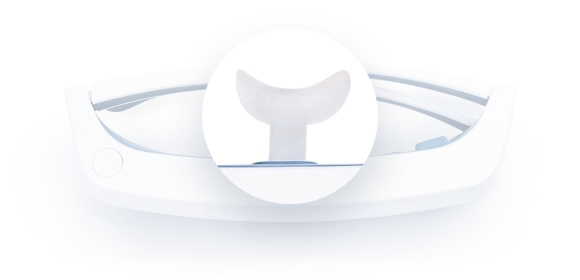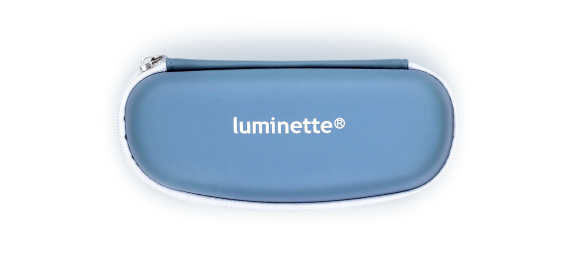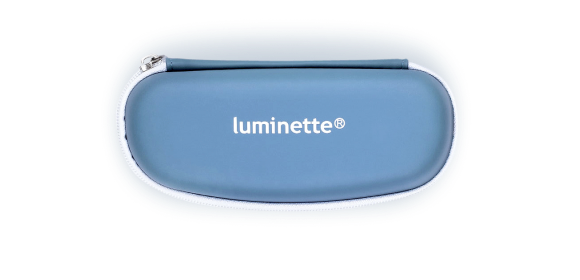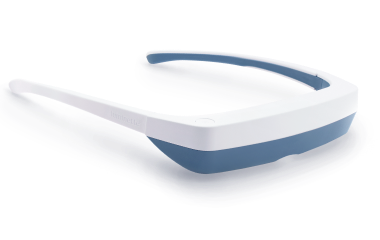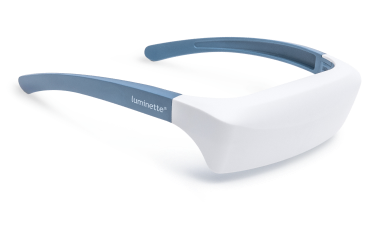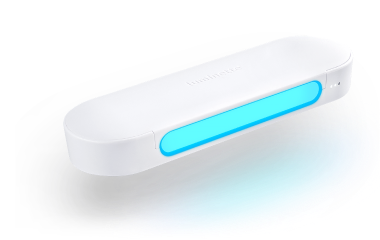Natural Sources of Melatonin: Foods & Habits

Do you frequently experience difficulty sleeping or constantly feel sleep-deprived? Maybe you find yourself tossing and turning at night, unable to enjoy restful sleep, resulting in fatigue and poor concentration during the day. According to the Centers for Disease Control and Prevention (CDC), chronic sleep deprivation can significantly impact your physical and mental health. Exploring natural melatonin sources could be precisely what you need to re-establish healthy sleep patterns and improve your overall well-being.
Melatonin isn't merely a common supplement; it's a hormone naturally produced by your body, crucial for regulating sleep quality and maintaining your internal circadian rhythm. Incorporating natural melatonin-rich foods and lifestyle practices can effectively support your body's internal clock, reducing the risks associated with prolonged sleep deprivation. This approach enables you to wake up feeling refreshed, energized, and ready to tackle your daily activities.
By practicing proper sleep hygiene with these natural methods, you not only enhance your nightly rest but also positively influence your overall health, productivity, and daily energy levels. The Mayo Clinic highlights the importance of consistent sleep routines and natural methods in fostering better sleep habits, helping you stay alert and focused throughout your day.
What is Melatonin?
Melatonin is a powerful sleep hormone naturally produced by your body's pineal gland. This tiny gland, located deep in your brain, activates melatonin secretion in response to darkness, signaling to your body that it's time to rest. This process is an essential part of managing your internal circadian rhythm, keeping your biological clock synchronized with day and night cycles.
Role of Melatonin in Sleep
The primary function of melatonin is its crucial involvement in effective sleep regulation. It signals your body when it's time for sleep, preparing both your brain and body for restful nighttime rest. According to the Sleep Foundation, adequate melatonin production significantly enhances your sleep duration and sleep quality, helping you achieve deeper and more restorative sleep. Without sufficient levels of melatonin, you might face trouble falling asleep, disrupted sleep cycles, and ongoing sleep deprivation.
Melatonin’s benefits go beyond sleep alone—it also plays a supportive role in immune health, mood stability, and overall cognitive function. As outlined by Johns Hopkins Medicine, maintaining balanced melatonin levels through natural approaches protects your health from chronic sleep-related issues, ensuring your internal biorhythms remain in harmony.
If you're experiencing difficulties sleeping, optimizing your body's natural melatonin can dramatically enhance your overall health and daily functioning. Rather than solely depending on synthetic solutions, harnessing natural melatonin sources provides a safe, effective complement to your body's inherent rhythms.

Ready to restore your sleep naturally? Start today by adopting habits that promote healthy melatonin levels—limit evening exposure to screens and disruptive lighting, maintain consistent bedtime routines, and incorporate melatonin-rich foods into your diet. Implementing these straightforward lifestyle changes can rapidly help reset your internal clock, ensuring reliable, restful sleep night after night.
Food Sources of Melatonin
Diet plays an essential role in managing your body's melatonin levels, directly influencing sleep quality. Certain foods naturally contain melatonin, while others stimulate its production through related compounds such as tryptophan and serotonin. Regularly consuming these foods can create an ideal internal sleep environment, helping your body maintain optimal melatonin levels, thus promoting consistent and restful sleep.
Best Foods with Melatonin
To optimize your diet for better sleep, consider including these specific foods regularly:
-
Tart Cherries: Renowned for their high melatonin content, tart cherries not only promote better sleep but also help combat inflammation, improving your overall health.
-
Almonds: Rich in magnesium and tryptophan, almonds facilitate the body's natural melatonin production and enhance cognitive function.
-
Bananas: Containing both tryptophan and potassium, bananas help relax muscles, supporting deeper sleep cycles.
-
Oats: Rich in melatonin-rich foods and beneficial fiber, oats contribute to prolonged sleep duration and better sleep cycles.
-
Turkey: Famously rich in tryptophan, turkey supports serotonin and melatonin synthesis, helping improve your sleep onset and quality.
-
Milk: A traditional sleep aid, milk naturally boosts serotonin levels, improving mood and sleep effectiveness.
-
Walnuts: Loaded with natural melatonin, walnuts are among the best sleep-enhancing foods you can regularly enjoy.
Supplements and Other Sources
Sometimes dietary adjustments alone may not fully resolve your sleep issues, especially if you're experiencing a melatonin deficiency. In such cases, you might benefit from carefully selected melatonin supplements. These supplements provide a controlled and reliable way to regulate your sleep patterns, ensuring consistent sleep quality. Using supplements is particularly helpful for overcoming temporary disruptions, such as those caused by jet lag or shift work.
It's important to choose high-quality melatonin supplements and follow recommended dosages. Additionally, integrating supplements with lifestyle adjustments, such as reducing evening exposure to blue light from screens, ensures maximum effectiveness.
Best Natural Source of Melatonin
Among all natural sources, tart cherries consistently emerge as the superior option for boosting melatonin naturally. Incorporating tart cherries or cherry juice into your evening routine not only promotes better sleep but also contributes to overall wellness, reducing inflammation and oxidative stress. Regularly including tart cherries in your diet is a straightforward and highly effective way to naturally enhance your melatonin levels.
Highest Natural Sources of Melatonin
When seeking the most potent dietary sources of melatonin, prioritize the following foods:
-
Tart Cherries: Exceptionally high in natural melatonin, effective in improving overall sleep and reducing insomnia symptoms.
-
Walnuts: One of the richest plant-based sources of melatonin, walnuts are excellent natural remedies to enhance sleep patterns.
-
Almonds and Bananas: While slightly lower in melatonin than tart cherries and walnuts, these foods complement your diet by providing additional beneficial compounds that aid sleep.
Incorporating these foods regularly can lead to substantial improvements in your sleep health, supporting the maintenance of a balanced internal clock, enhancing your sleep environment, and boosting your overall cognitive function.
Are you experiencing frequent sleeplessness or nighttime restlessness? Adding these powerful natural melatonin sources to your daily regimen is a simple, effective, and scientifically backed approach to improving your sleep naturally. Instead of relying on medications, embrace these natural sleep aids for long-term benefits and better overall health.
Start today—improve your diet with melatonin-rich foods and high-quality supplements, create a more supportive sleep environment, and naturally enhance your body's melatonin production. Better sleep doesn't have to be complicated; by making small, consistent changes, you can reset your sleep schedule and reclaim restful nights.
How Light Affects Melatonin Levels
Do you often feel restless at night or struggle to maintain a consistent sleep cycle? The quality of your sleep and overall health significantly depends on your body's natural melatonin production, which is directly influenced by different types of light exposure. Understanding how various types of light impact your sleep can empower you to take effective steps toward better sleep quality and overall well-being.
Why Blue Light Suppresses Melatonin
One of the main culprits behind disrupted sleep is exposure to blue light, a type of light emitted primarily by digital screens such as smartphones, tablets, computers, and even certain types of artificial lighting. This exposure is particularly harmful because blue light suppresses the natural production of melatonin, your body’s key hormone for regulating the circadian rhythm.
Melatonin helps your body signal when it's time to sleep by responding to darkness. When you expose yourself to blue light in the evening, your body mistakenly interprets this as daylight, thus halting melatonin production. This interruption can lead to difficulties falling asleep, disrupted sleep cycles, and even chronic sleep disorders.
For example, if you find yourself unable to fall asleep until the early hours of the morning, evening blue light exposure may be the hidden cause behind this issue. By reducing your exposure to blue light at least an hour before bedtime, you can significantly enhance your sleep hygiene and establish healthier sleeping patterns.
Natural Light vs Artificial Light
The type of light you're exposed to throughout the day and evening directly influences your internal biorhythms. Natural sunlight is crucial for maintaining balanced circadian rhythms, as it helps your body distinguish clearly between day and night, thus supporting optimal melatonin secretion.
On the other hand, artificial light sources can confuse your internal clock, particularly when used extensively in the evening. Continuous exposure to artificial lighting may cause your body to struggle in differentiating between day and night, negatively impacting mood regulation and causing persistent sleep disorders.
To effectively manage your internal biological clock, make an effort to increase your exposure to natural sunlight during the day. Open curtains and blinds, and take brief outdoor breaks. Conversely, minimize exposure to artificial light at night to protect your body's natural melatonin cycle and enhance your overall sleep health.
Screens and Lighting: The Harm in the Evening
Evening routines involving screens and brightly lit rooms are particularly disruptive to your sleep quality. Screens from electronic devices emit high amounts of blue light, reducing your body's natural melatonin levels. Prolonged exposure disrupts your sleep environment, making it difficult to fall asleep naturally and stay asleep throughout the night.
If you struggle with sleep, adjusting your environment can be a straightforward yet powerful step toward improved sleep health. Dim the lights and switch off screens at least one hour before bedtime to create a sleep-friendly atmosphere. Adopting this simple practice significantly improves your sleep hygiene and sets the stage for consistent, restful nights.
Light Therapy by Luminette
To combat disruptions in melatonin and restore optimal sleep quality, many individuals turn to effective, non-invasive treatments like light therapy. A leading solution in this field is Luminette, designed specifically to help you naturally reset your internal clock and improve sleep.
How Light Therapy Affects Melatonin Production
Light therapy with devices like Luminette involves controlled, timed exposure to specific wavelengths of light, helping your body naturally regulate melatonin production. Unlike harmful evening blue light, the strategic use of light therapy in the morning or early afternoon positively reinforces your body's internal clock.
Morning light exposure through Luminette devices stimulates your brain to recognize a clear difference between day and night. This helps correct imbalances in melatonin levels, establishing a healthy circadian rhythm. Whether you're experiencing difficulty falling asleep at night, jet lag from travel, or seasonal changes affecting your mood, light therapy is a powerful, practical solution.
| Goal | Recommended Time | Effect |
|---|---|---|
| Boost alertness and energy | Morning (6:00–9:00 AM) | Suppresses melatonin, increases alertness |
| Reset circadian rhythm | Morning or evening | Shifts internal body clock |
| Treat seasonal mood swings | Morning (daily) | Improves mood and energy |
| Adapt to jet lag | Based on new time zone | Helps body adjust to local schedule |
Benefits of Luminette Light Therapy
Using Luminette regularly offers multiple clear benefits:
-
Restore natural sleep: By realigning your internal clock, you can effectively restore consistent, restful sleep.
-
Wake up refreshed: Improved melatonin production allows you to wake feeling naturally energized and alert without reliance on stimulants.
-
Feel energized and refreshed: Achieve enhanced alertness and focus throughout your day, reducing fatigue.
- Adjust your body clock effortlessly: Overcome disruptions like jet lag, shift work, and seasonal affective issues, effortlessly resetting your internal timing.
If you frequently experience sleep disorders, using Luminette provides you with an easy-to-use, effective tool to naturally correct your sleep schedule. Simply use the device as directed, typically 20–30 minutes each morning, to quickly experience improved sleep, mood, and overall quality of life.
Ready to achieve consistently restful sleep and vibrant daytime energy? Try light therapy today with Luminette and naturally transform your sleep in as little as one week.
How to Use Light Therapy Correctly
To maximize the benefits of light therapy, it's crucial to use it properly. Here are clear, actionable steps to ensure you gain the most from your therapy sessions:
Best Time for Light Therapy
The ideal time to use light therapy is typically within the first hour after waking up in the morning. Morning sessions effectively signal your brain that the day has begun, recalibrating your internal clock and boosting natural melatonin production in the evening. Using therapy too late in the day can interfere with your sleep patterns, so always opt for early sessions.
Duration and Frequency of Sessions
Consistency is vital. Most individuals benefit from daily sessions lasting 20-30 minutes each. This duration is sufficient for resetting your internal clock and maintaining balanced melatonin levels. Regular sessions ensure lasting improvements in sleep quality, mood, and daytime energy. Adjusting the frequency according to your specific needs—for instance, slightly longer sessions during periods of significant sleep disruption or shorter sessions for routine maintenance—can optimize outcomes.
Contraindications and Precautions
While generally safe and effective, light therapy has no established contraindications. Individuals with bipolar disorder should be attentive to timing, as midday use is typically advised. Anyone who prefers added reassurance—for example, due to eye sensitivity, skin concerns, pregnancy, or use of photosensitizing medications—may choose to consult a healthcare professional before starting. Proper positioning of devices like Luminette is crucial to avoid eye strain and ensure maximum effectiveness.Ready to finally regain control of your sleep and daily energy levels? Don’t let disrupted sleep affect your quality of life any longer. Try light therapy today with Luminette, start sleeping better naturally, and effortlessly reset your sleep in just 7 days.
FAQ
What is the natural source of melatonin?
Natural sources of melatonin include a variety of foods such as tart cherries, walnuts, almonds, oats, bananas, and milk. These foods help support the body's natural melatonin production and can contribute to better sleep regulation.
Is there a natural source of melatonin for babies?
Yes, natural sources like breast milk contain melatonin, which can help regulate a baby's sleep cycles. However, it's important to consult a pediatrician before introducing melatonin-rich foods or supplements to a baby's diet.
What is the best natural source of melatonin?
Tart cherries are widely considered one of the best natural sources of melatonin due to their high content and demonstrated effectiveness in improving sleep quality.
What is the highest natural source of melatonin?
Tart cherries and walnuts are among the highest natural sources of melatonin. They offer significant levels that can positively impact sleep duration and quality.
Can light therapy help with melatonin production?
Yes, light therapy can help regulate melatonin production by providing controlled exposure to light at appropriate times of day, particularly in the morning. This helps reinforce the body's circadian rhythm and can improve sleep disorders, jet lag, and seasonal affective disorder.
Are there any risks to using natural melatonin sources?
Natural food sources of melatonin are generally considered safe for most people. However, excessive reliance on supplements or overconsumption of certain foods may cause mild side effects or digestive issues. Always consult a healthcare provider if you have existing health conditions or concerns.
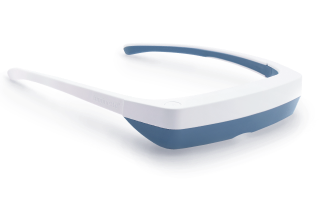
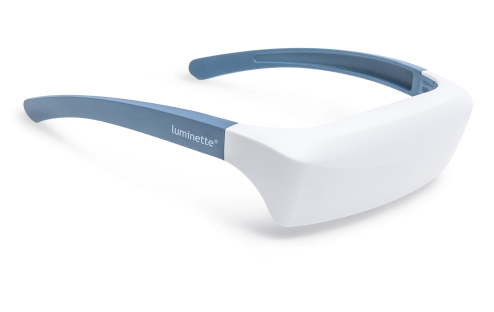
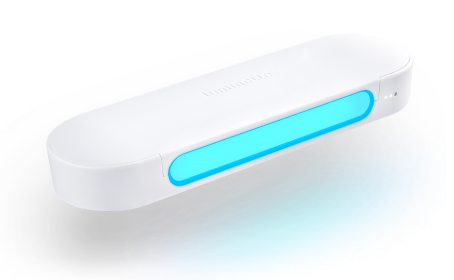
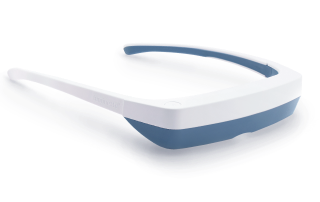
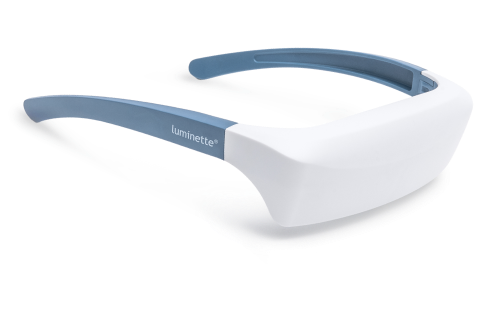
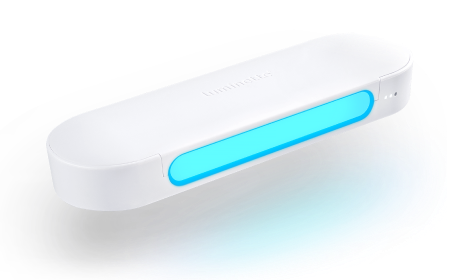
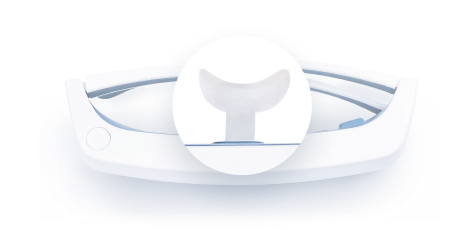
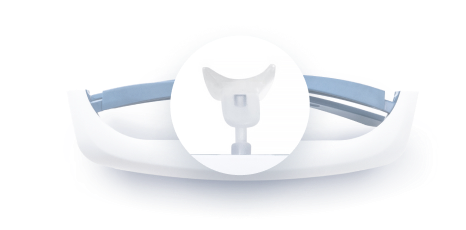

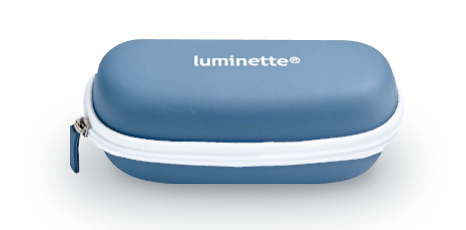
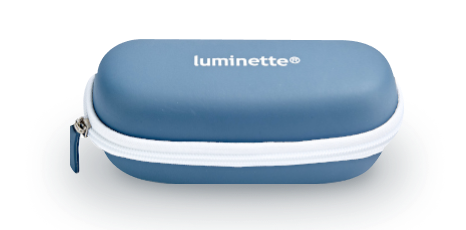





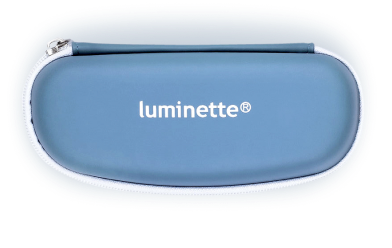
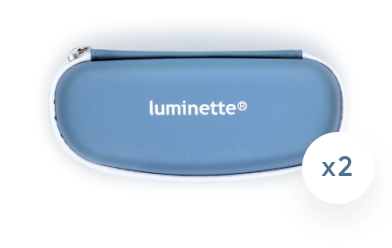
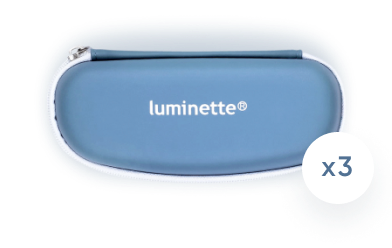
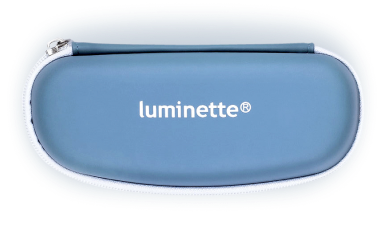
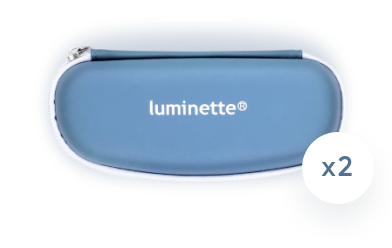
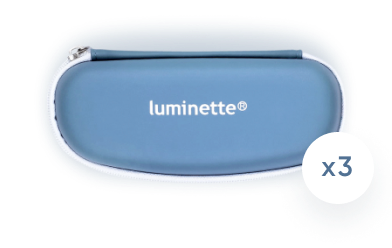
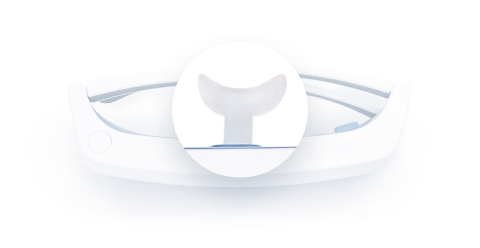
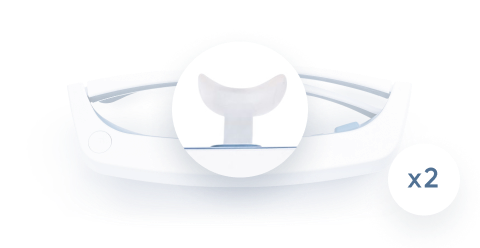
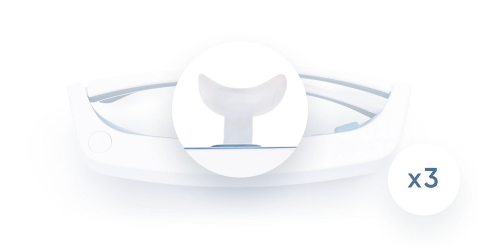
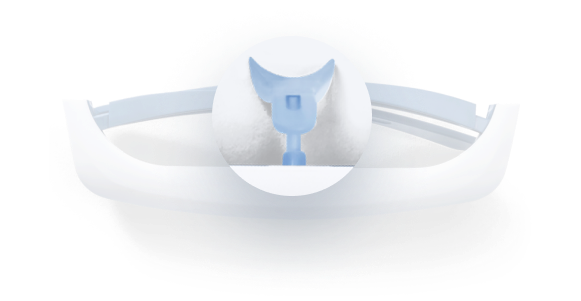
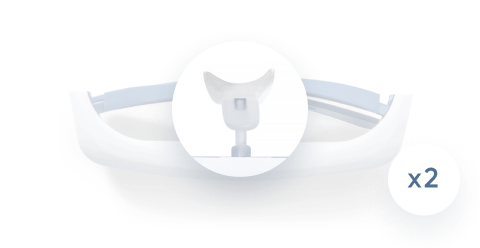
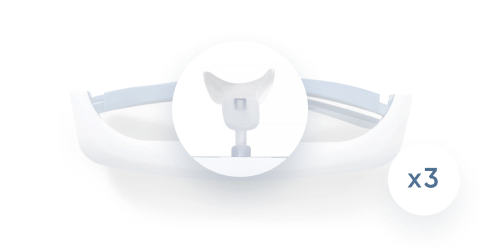
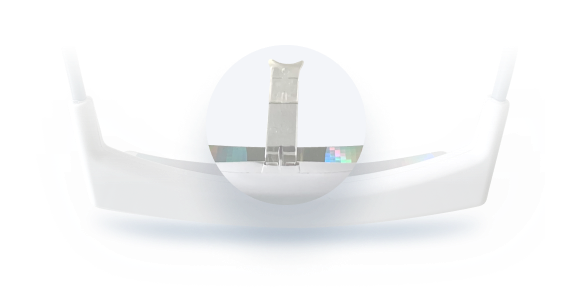









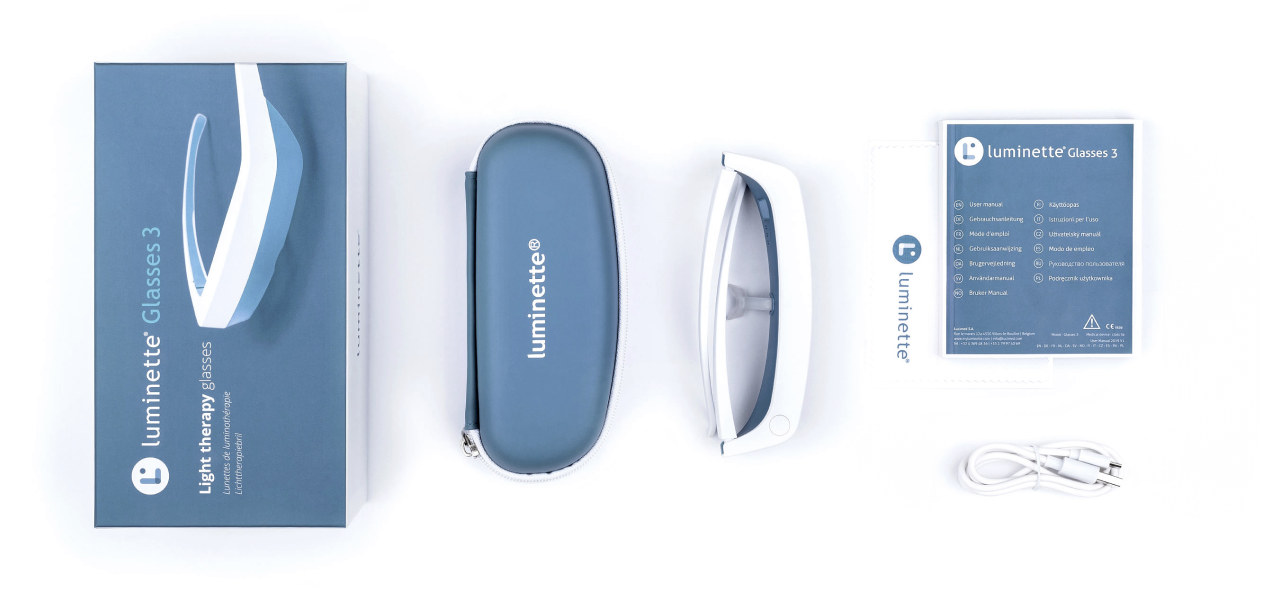

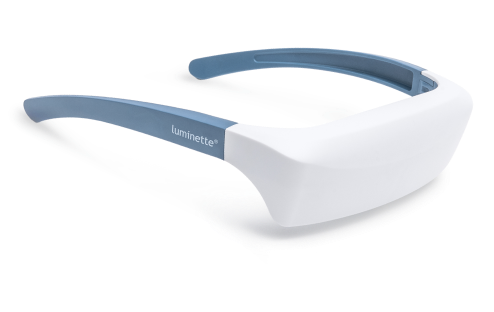
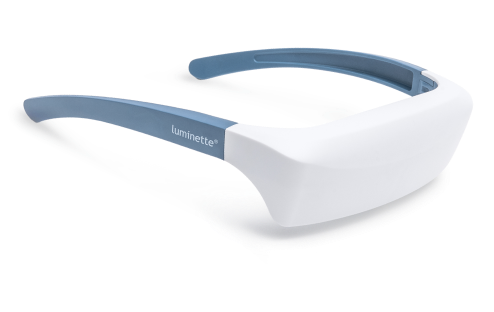
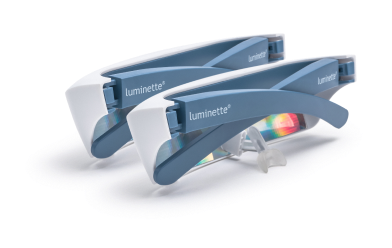

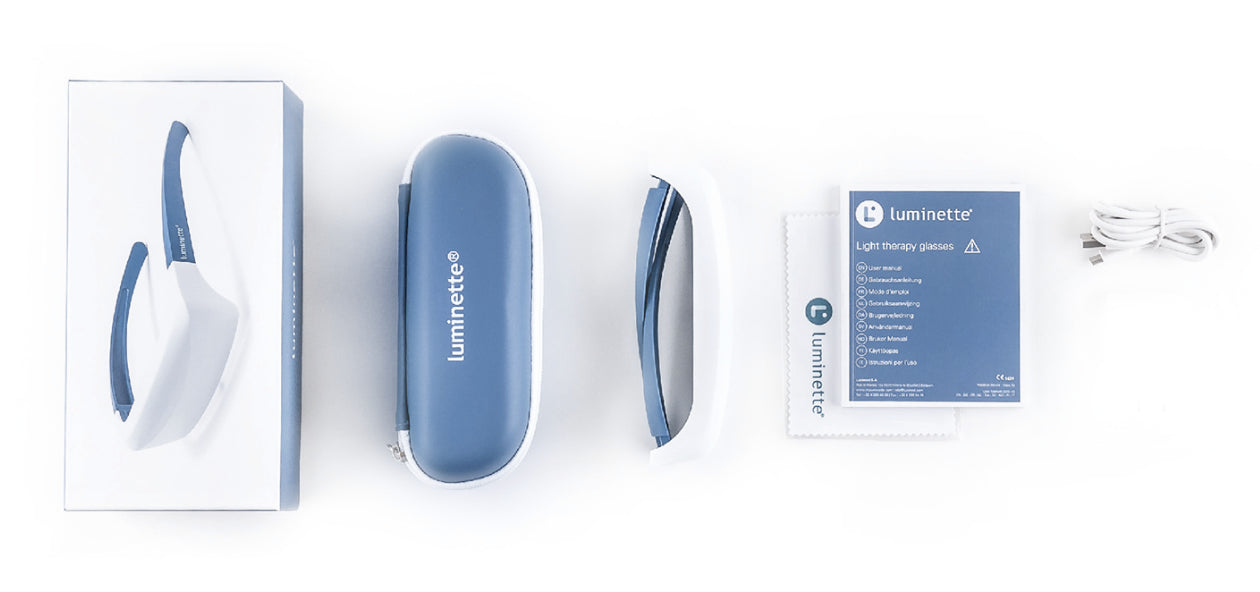
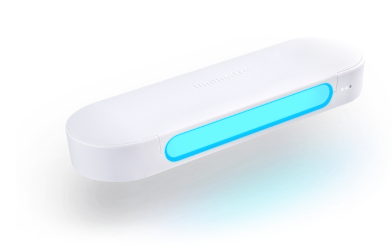
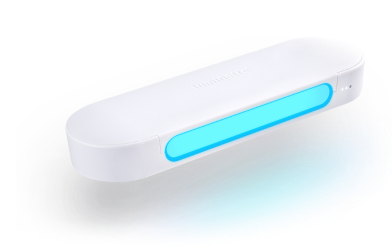
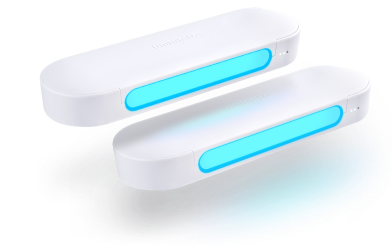
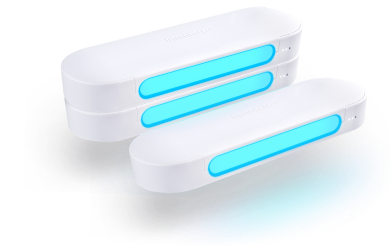
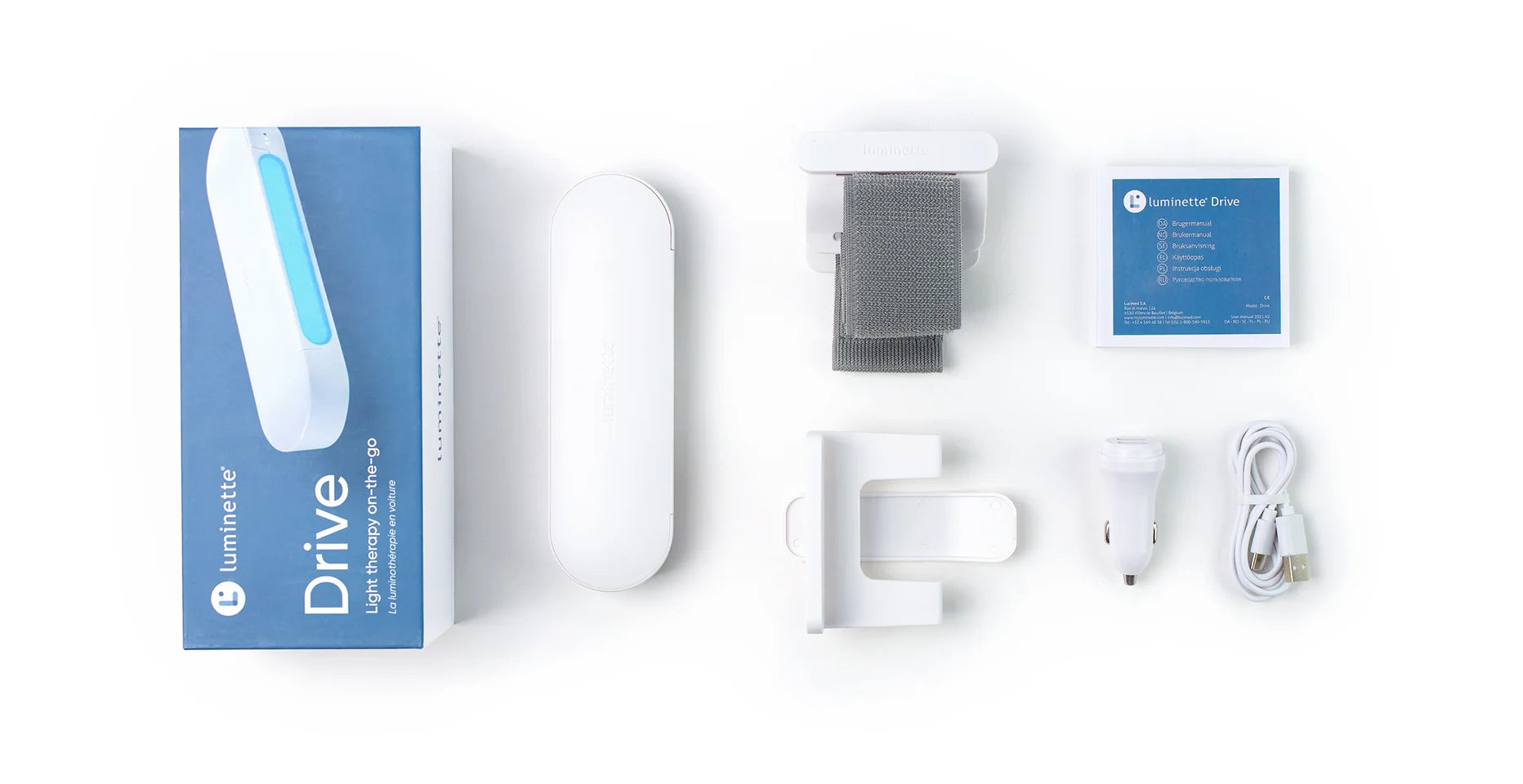

 Please note
Please note







